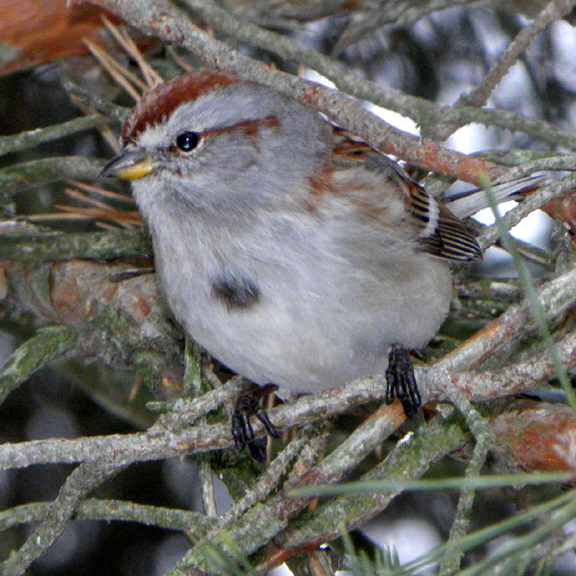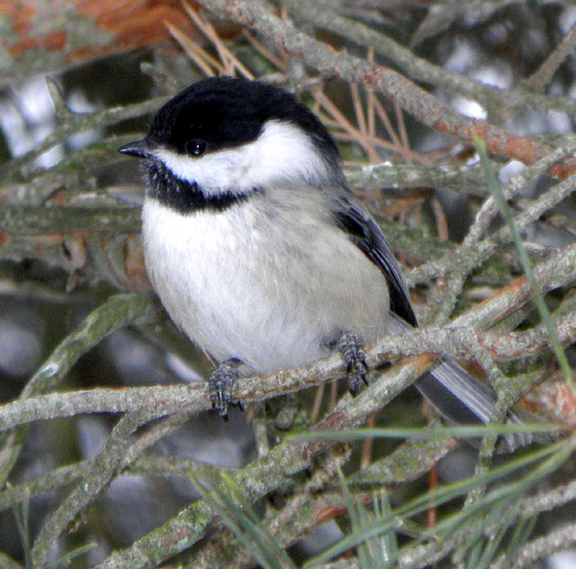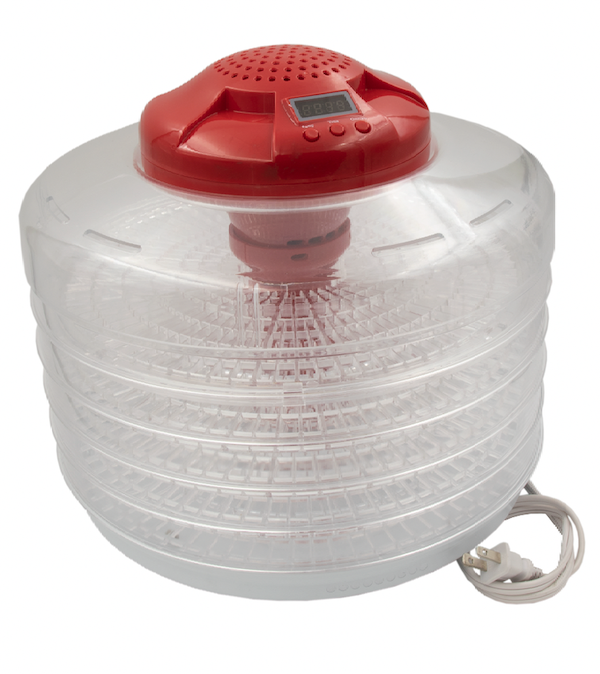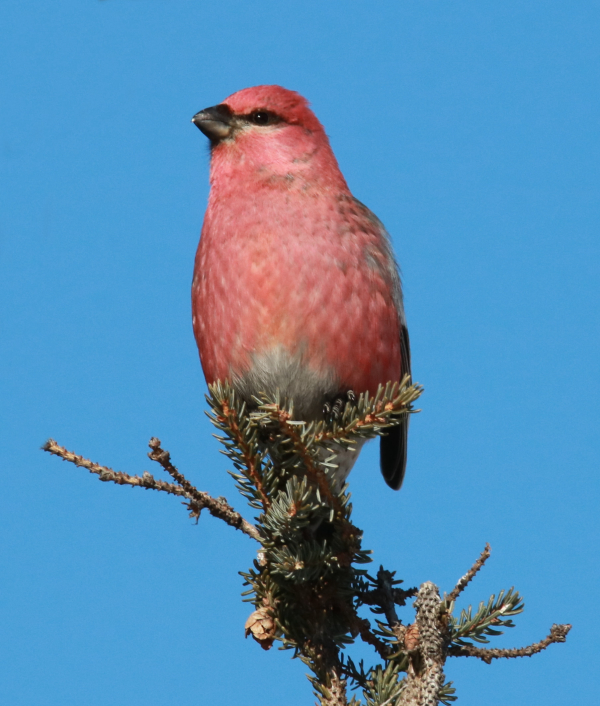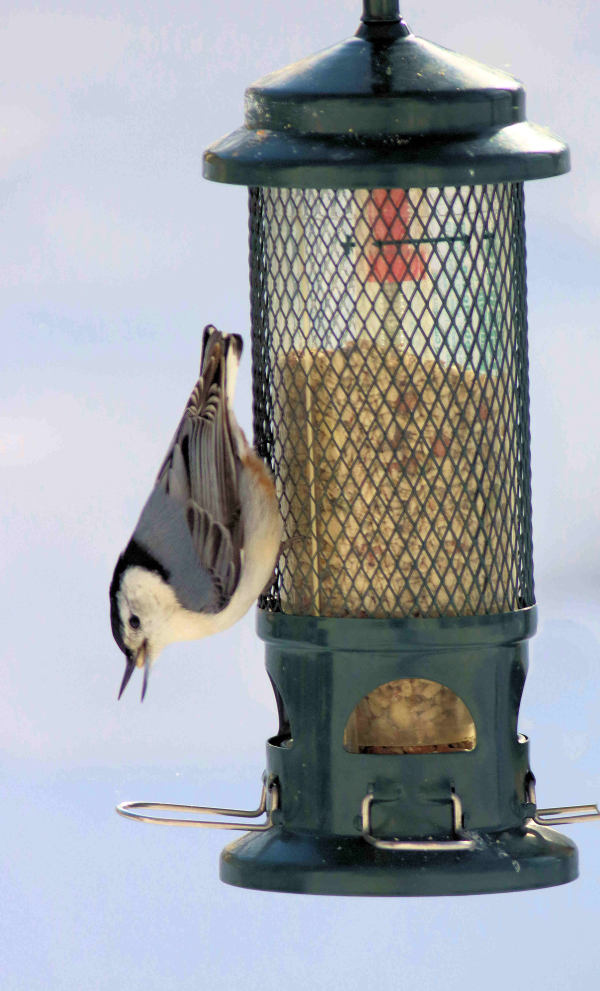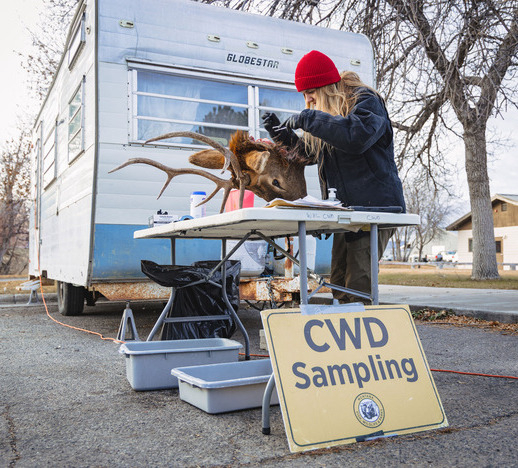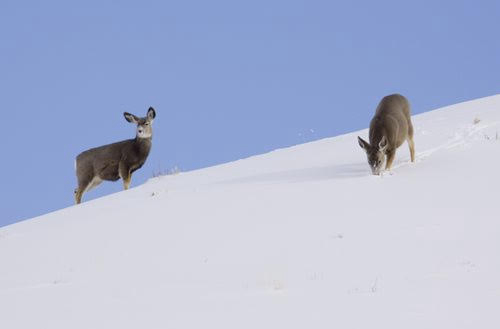Things Are Tough All Over
By Glen Wunderlich
On a recent visit to Corunna Mills, where the best bird seed at the best price can be found just south of town, I paused to chat with young Samantha Demerly behind the counter. The grain elevator’s only source of heat – a corn-burning contraption with the BTUs of a hair dryer – had given out, leaving one tough school-aged youngster in a position to qualify for extreme-duty pay. There she was, dressed in clothes fit for a Mt. Everest summit, while cheerfully carrying out her assigned duties.
I mentioned that this whole winter experience will be something she’ll be able to relate to her grandchildren many years from now. I can hear her now: “It was below zero, no heat, and the ink pens were so cold that they wouldn’t write. You had to be tough in my day.”
Ah, yes, the winter of 2013/14 will require no exaggeration to have become one to remember. Beginning with the severe ice storm and its omnipresent remnants to record snowfalls and sub-zero temperatures lingering for what has seemed like eternity, we will all be stronger for the experience. But, what will it all mean for our cherished wildlife?
As winter drags on – even beyond that of any groundhog’s irrelevant predictions – the impact will be felt for some time. Food has become scarce and the wild animals are being pressed to their limits. Loss of life will result, although it is too early to define this winter’s impact; it very well could be severe – especially in Michigan’s northern reaches.
In mid-Michigan, stress to wildlife has been noticeable from my back window, where bird feeders have been transformed into a free-for-all smorgasbord of survival. Although it has been common over the years for deer to have been the clean-up crew for spilled seed during the night, they’ve been at it in broad daylight, as well.
Wild turkeys must have learned the location of the feed station from some of their feathered cousins and have become regular visitors, too. Their wariness has given way to being fed or dead. While we cut firewood and loaded a pickup truck only 50 yards away, a group of nine long-bearded gobblers was more concerned about their stomachs than a natural fear of humans.
The suet feeder has been in constant use by red-bellied woodpeckers and their relatives, while the niger (aka thistle) feeder has been a lifesaver for chickadees, finches, and other small perching birds.
Atop a small shed converted to yet another “feeder”, I sprinkle some seed for the more gregarious and bolder birds. But, as soon as I open the lid to the galvanized trash can turned feed container, a tiny black capped chickadee routinely dives into the can and helps itself. Many dozens have already gathered mere feet above in the towering red pine communicating our commonality: Things are tough all over.

